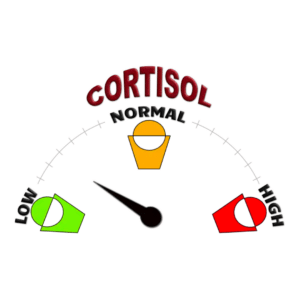In the modern world, our quest for convenience and durability has led us down a path where we’re now surrounded by an invisible threat that’s both pervasive and persistent: Per- and polyfluoroalkyl substances, or PFAs. These “forever chemicals,” known for their presence in non-stick cookware, food packaging, waterproof garments, and even in some feminine hygiene products, are raising alarm bells for health experts and consumers alike. But why are PFAs particularly concerning for women, and what steps can we take to minimise their impact on our health?
The Persistent Problem
PFAs have earned their moniker as “forever chemicals” due to their strong carbon-fluorine bonds, making them almost indestructible in the environment. This durability means they don’t just disappear; they accumulate. These compounds have found their way into our soil, water, air, and ultimately, the food chain, leading to widespread exposure. For women, this exposure is particularly alarming due to PFAs’ association with several health issues.
Health Implications for Women
Research has begun to uncover the unsettling effects of PFAs on women’s health, although much remains unknown. What is clear, however, is that PFAs have been linked to a variety of reproductive and developmental health issues. These include an increased risk of high blood pressure and preeclampsia in pregnant women, decreased fertility, and disruptions in menstrual cycles. Furthermore, there’s evidence to suggest an association with endometriosis and immune system suppression, alongside potential developmental delays in children. The hormonal disruption caused by PFAs also cannot be understated, posing yet another risk to women’s health.
The Widespread Exposure
PFAs are not only found in industrial products but have also been detected in drinking water and food, with certain fish in the US showing alarmingly high levels of contamination. More concerning for women, recent studies have found PFAs in various feminine hygiene products, some of which were misleadingly marketed as “organic” or “non-toxic.” Given the sensitive nature of vaginal tissue, the presence of PFAs in these products poses a significant risk.
Taking Action
While the situation may seem dire, there are steps we can take to protect ourselves and limit our exposure to PFAs. Investing in a high-quality water filtration system, avoiding products known to contain PFAs (like non-stick cookware and certain waterproof materials), and being mindful of the potential presence of PFAs in feminine hygiene products are all proactive measures we can take.
Detoxification: A Path Forward
Our bodies have natural detoxification pathways that, while capable of handling toxins, can always use a helping hand. Optimising our health through diet, such as consuming organic, whole foods and avoiding processed items, supports our body’s ability to detoxify. Supplements like vitamin C, vitamin D, and milk thistle, along with practices like infrared saunas, can also aid in this process.
Knowledge is Power
As we navigate through an increasingly toxic world, the power of information cannot be overstated. By arming ourselves with knowledge about PFAs and their potential impact on our health, we can make informed decisions that minimise our exposure and bolster our body’s natural defences. While the fight against PFAs is far from over, understanding the risks and taking steps to mitigate them is a journey we can all embark on for the sake of our health and the environment.








